Our Model
Agricultural Market Development
At The World Food Bank, we are focused on ending hunger and extreme poverty in developing nations. According to the World Bank, 78% of poor people live in rural communities and participate directly in agriculture. It’s also important to note that the history of every first-world nation shows that their economic transformation was led by agriculture. Therefore, to truly transform the face of poverty and hunger in developing nations, it has to involve agricultural market development.
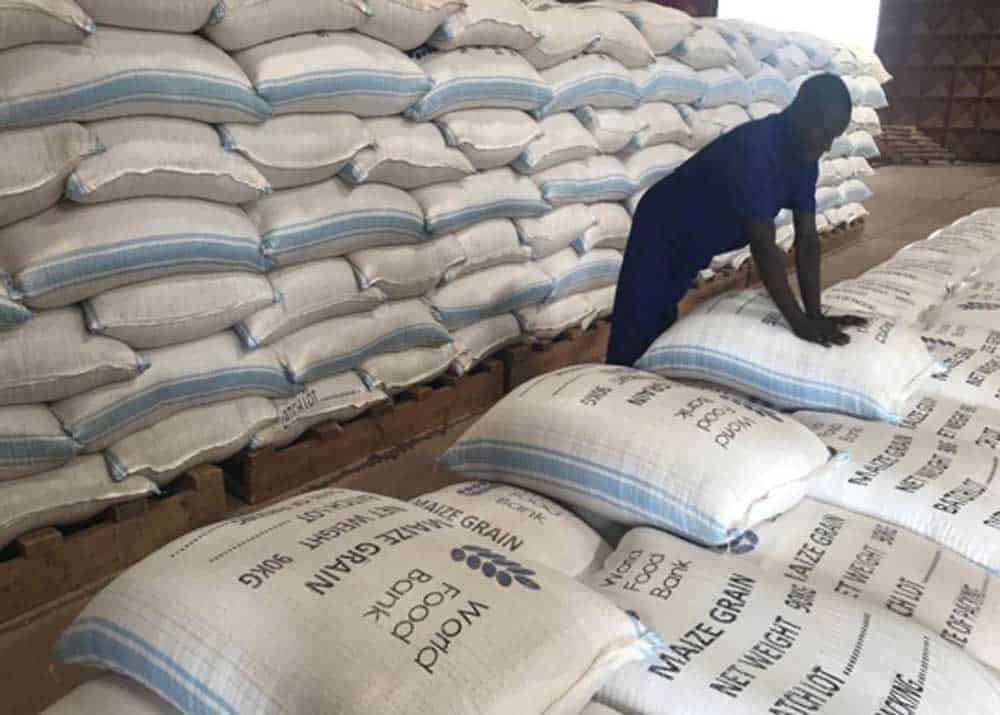
CLUBS: We work on sustainable solutions through Club and Cooperative communities. Each Club has its own President, Treasurer, Secretary, Media, and Technology leaders. They sign an operating agreement amongst themselves that holds each member accountable for learning and doing what they need to do to succeed. As the club members meet certain levels of competency and efficiency the clubs become eligible for input financing.
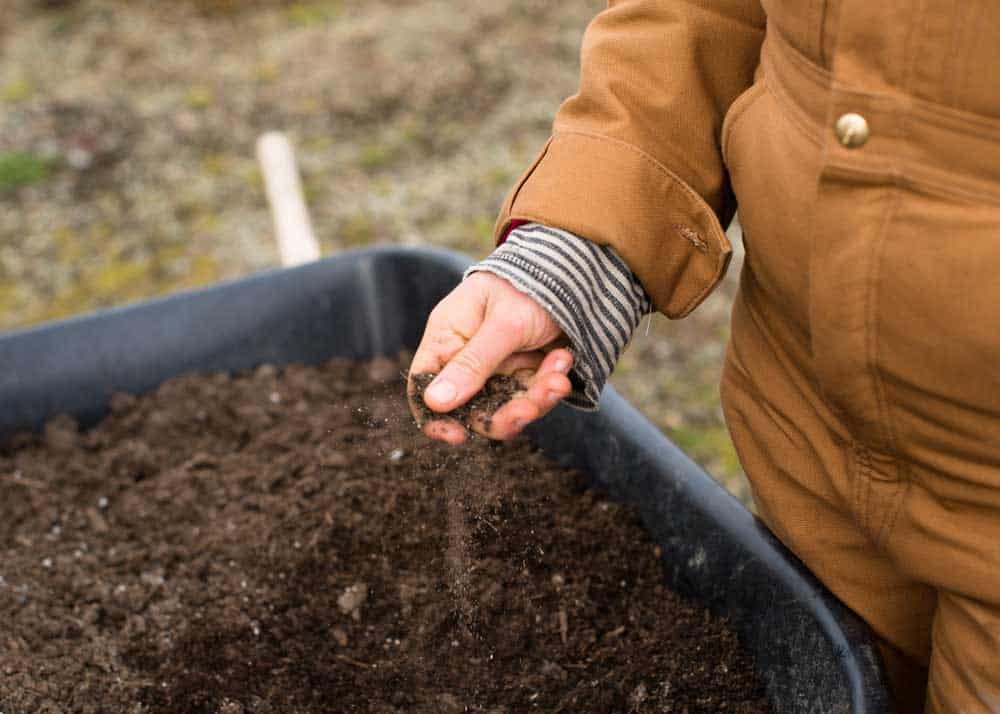
FBAs: Farm Business Advisors (FBAs) or Field Officers (Extension Agents) are trained by partner organizations and through our app technology on the latest advances in regenerative agriculture. They may be certified by World Food Bank for their expertise in soil, seeds, fertilizer, irrigation, harvest, storage and more. FBAs earn commissions for the distribution of inputs and for the grading and aggregation of commodities or animals at harvest.
OFFTAKE and STORAGE: We guarantee offtake for participating farmers either directly or through corporate partners. This makes them more bankable and insurable, and often provides a premium for quality and transparency.
FUNDING: Where production volumes are high, there is often pricing pressure. World Food Bank works to provide mechanisms to provide price floors to keep farmers motivated to use good practices and to grow the total volume of important crops. World Food Bank is working to launch large regional funds to support this effort. You may find out more by contacting us HERE (link to contact page).
Although the ecosystems are complex, we have found that transformational change in smallholder farmers lives can be made by focusing on four key enablers: 1) Improved Markets, 2) Education on Good Agricultural Practices, 3) Access to High Quality Inputs, and 4) Access to Affordable Financing.
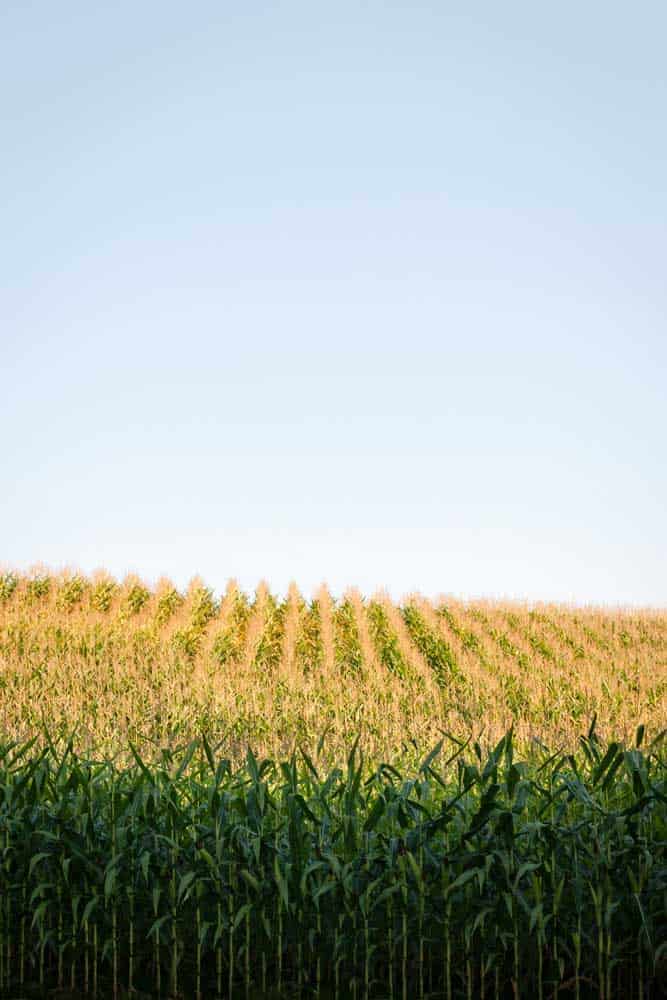
Improved Markets
Perhaps the biggest challenge for agriculture in developing nations is market volatility. When of the farmers in a community harvest the same crop(s) at the same time, it causes a significant temporary increase in supply. This leads to farmers rushing to market to make the quick cash, despite low prices. As a result, it is not uncommon for smallholder farmers to sell below cost.
Mid-season, there is an increased demand for food as farmers run out of their own supply. This leads to increased prices, which is problematic for food processing facilities. It is common for these businesses to go idle three or more months per year because food prices are too high for them to afford.
We work to stabilize markets by establishing a profitable price floor that we offer farmers who produce crops that meet our quality requirements, and establishing a dynamic price ceiling for food processing businesses that enables them to operate all year long.
Education on Good Agricultural Practices
Smallholder farmers are extremely risk adverse due to their lack of resiliency. As a result, they avoid experimentation with new inputs or techniques that could improve their harvest, and simply utilize traditional methods that served their ancestors. As a result, the quantity and quality of food harvested is significantly lower than would be possible with good agricultural practices. Healthier soils drive everything. Learning low and no-till practices, proper soil testing, seed selection, cover cropping, and improved post-harvest techniques quickly improves production quality and quantity and ultimately farmer income.
Education doesn’t stop with traditional crops. Farmer clubs and educational programs work exceptionally well for fruits, vegetables, chickens, fish, goats, and cows.
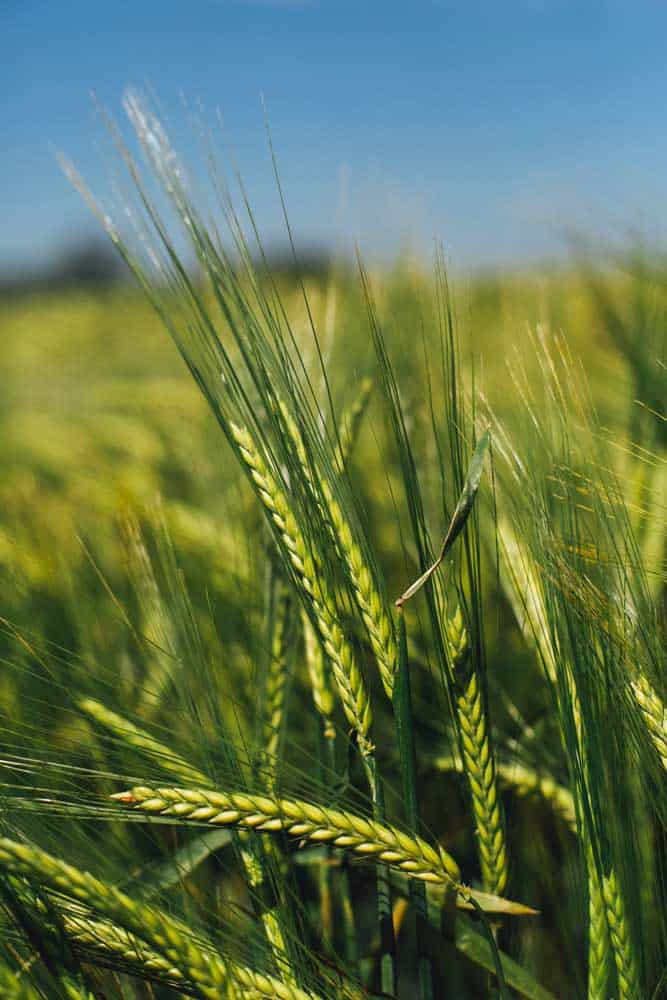
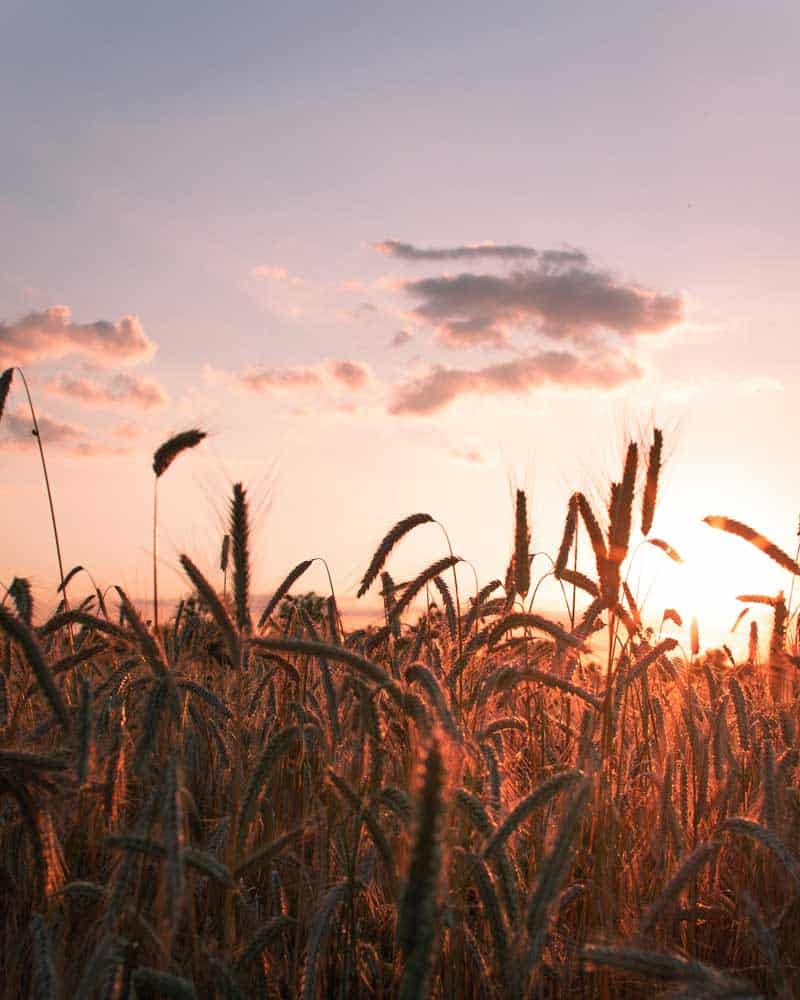
We utilize a multi-pronged approach: 1) direct hands-on farmer training in their communities, 2) continuing education for agronomists and farm business advisors, and 3) entertaining broadcast TV and radio programs that demonstrate the improved inputs and techniques and the impact they make.
Mid-season, there is an increased demand for food as farmers run out of their own supply. This leads to increased prices, which is problematic for food processing facilities. It is common for these businesses to go idle three or more months per year because food prices are too high for them to afford.
We work to stabilize markets by establishing a profitable price floor that we offer farmers who produce crops that meet our quality requirements. We also establish a profitable price ceiling for food processing businesses that enables them to operate all year long.
Access to High-Quality Inputs
The rural poor live in a constant state of no savings. Every bit of income goes directly toward survival. Banks rarely want to lend to smallholder farmers due to the high risk of default. As a result, at the beginning of each season, farmers rarely have the capital required to buy the high-quality inputs that could significantly improve their yields.
By educating farmers on good agricultural practices, making quality inputs available, and guaranteeing a market for them, we significantly de-risk the farmers, and enable financial institutions to provide loans at good rates. We partner with microfinance institutions to make sure that affordable financial services are available where we operate.

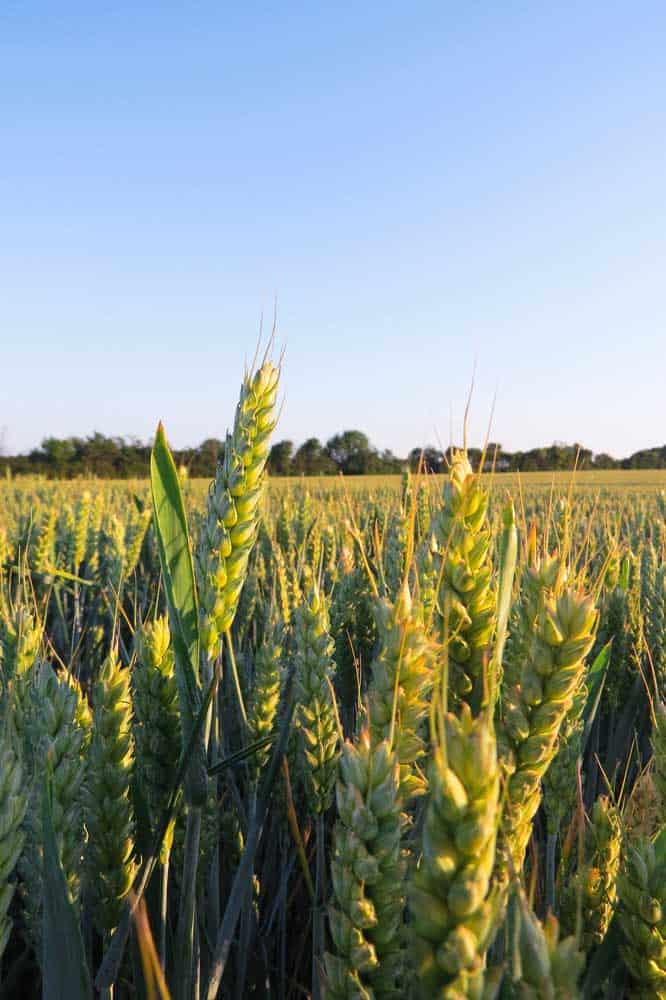
Access to Affordable Finance
Small farmers in developing markets have a low appetite for risk. They often rely on neighbors in the cash economy with more land or higher incomes to try something new first. Where those influences are lacking Clubs play an even more valuable part. By joining a group farmers get to train together, buy inputs in bulk, aggregate their output for better prices, and more readily qualify for financing. Banks rarely want to lend to individual smallholder farmers, but as part of a group with a proven track record, farmers find they are often eligible for loans and with rates that are far more affordable.
By educating farmers on good agricultural practices, making high-quality inputs available, and guaranteeing a market for them, we significantly de-risk the farmers, and enable financial institutions to provide loans. We partner with microfinance institutions to make sure that affordable financial services are available where we operate.
Agriculture Ecosystem Complexity
Partner Integration
Government Buy-In and Participation:
Advisory Board, Coordinating Agencies, Policy Making, Financial Commitment.
Identify and leverage synergies with facilities, agencies, systems and resources.
Non-Government Organizations:
Direct implementation, coordinated metrics and shared missions.
Private Companies:
Build free market solutions to promote job and income growth.
Empower growth and success in local markets, seek partnerships, and provide mentoring.
Evaluation:
Monitoring, Traceability, Accountability, Quality Assurance and Coordination.
Monitor the effectiveness and efficiency of systems that address risk, deliver outputs, integrate technology and measure metrics.
Education:
Analysis, Development, Implementation, and Evaluation.
Assess training needs, identify methods of instruction, develop training materials, measure the effectiveness of instructional methods.
Technology:
Facilitate Implementation and Integration.
Payment systems, analysis tools, planting, harvesting, irrigation, monitoring and management.
Integrated Funding Model:
Coordinated commitments of Governments with Development Banks and Institutions.
Support direct and indirect financing of key sectors.
Key Sectors

Soil
Support health nutrient soil.

Seed
Provide dependable hybrids for higher yields.
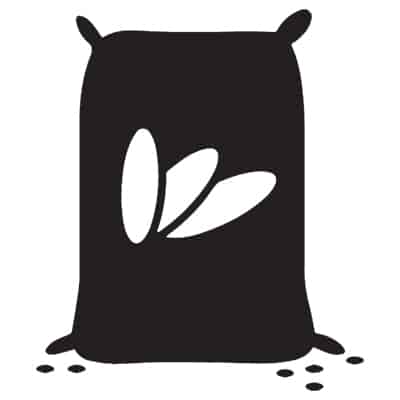
Fertilizer
Enhance productivity with corrective measures.

Irrigation
Address the unpredictable rainfall.
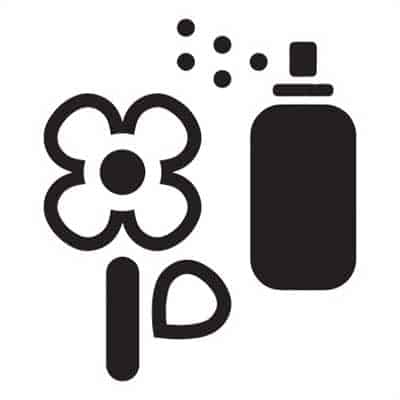
Herbicide
Improve the timely removal of weeds.
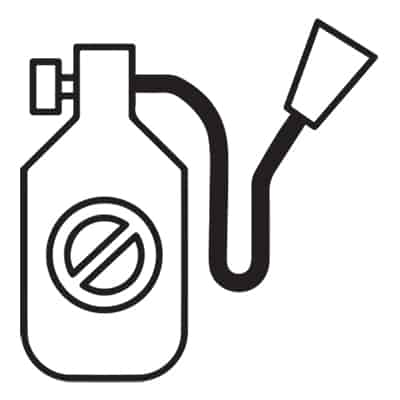
Pesticide
Minimize the pesticide risks in agriculture operations.

Harvest
Decrease the loss between production and harvest.

Transportation
Boost the efficiencies and reliability.

Processing
Expand the manufacturing of quality food products.

Storage
Maintain standards and increase marketable surplus.

Insurance
Extend access to agriculture coverage.

Financing
Support farmers’ financial resiliency.
Discover How You Can Make a Difference
If you’d like to know more about how you can help, make sure to reach out. We’d love to hear from you.
